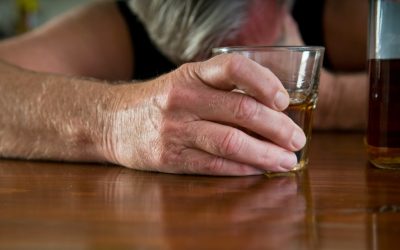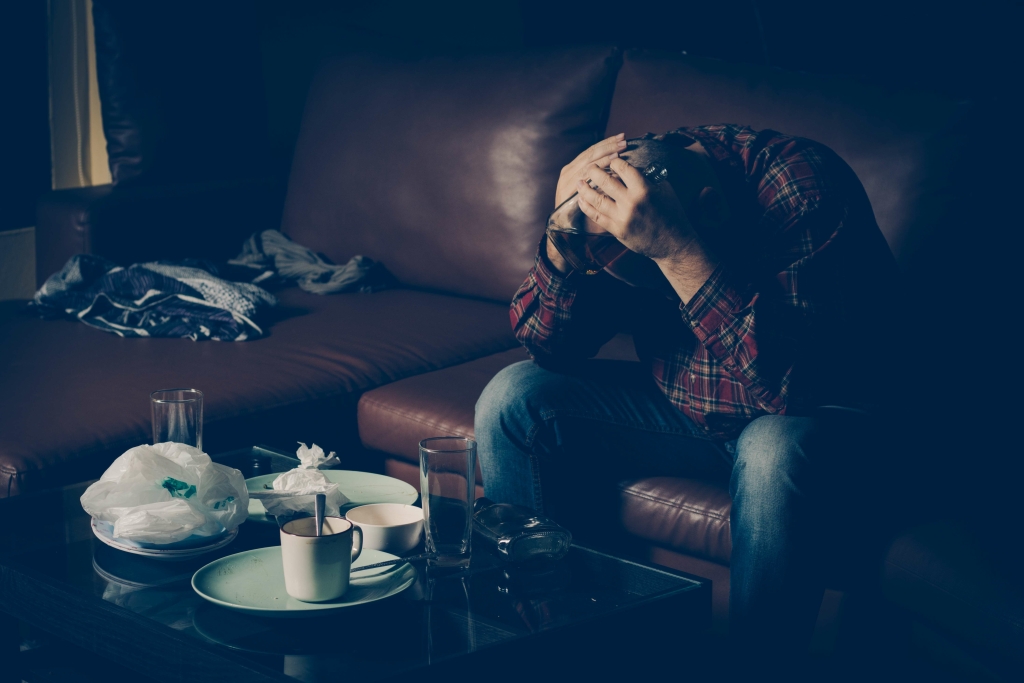This article explores the multifaceted nature of sober living, detailing its purpose, structure, benefits, and impact on recovery. A sober living home is a structured, substance-free residence designed to help individuals transition from addiction treatment to independent, sober living. Unlike inpatient rehab facilities, sober living houses do not provide medical treatment but instead offer an environment that encourages accountability, peer support, and personal growth.
Freedom Behavioral Health
Our staff believes, practices, and teaches that accountability is the foundation for personal power, which grows and flourishes as our clients grow in the process of early recovery. If you live near Nashville and want to break free from drugs and alcohol, we are here to support you in your journey to recovery. Contact us and we will get you into housing, spiritual education, life skills courses, offer transportation services and more.
- They also often require residents to continue to attend counseling sessions, group therapy, 12-step programs and even life skills training as they transition back into society.
- At BlueCrest Detox and Residential Treatment Center, our goal is to ensure that anyone needing addiction treatment can get help.
- You can stay as long as you like, provided you don’t use drugs and alcohol, are not disruptive, and pay your share of house expenses.
- Sober living at Resolutions Arlington accepts the following insurance.
Connection to Recovery Resources

This resource will teach you all about sober living, including different types of sober homes available, who they’re best for, what daily routines look like, and how to pick the right one. You’ll also find information on costs, funding choices, rules, and legal protections. This allows us to accept medical-assisted treatment clients into our homes.
What is a sober living facility?
That’s why we have a comprehensive set of treatment providers and don’t charge for inclusion. We do not and have never accepted fees for referring someone to a particular center. Providers who advertise with us must be verified by our Research Team and we clearly mark their status as advertisers. The Living Room at Princeton DOES NOT accept Medicaid/Medicare.

- Every member has an equal vote regardless of how long they’ve been there.
- These resources equip individuals with the tools needed to maintain independence and sustain long-term recovery.
- A sober living house creates a bridge between life in a residential treatment setting and returning to daily life after treatment.
One study into people being treated for heroin addiction showed a considerable Sober living house risk of death from overdose in the month following treatment. It is extremely important to maintain a drug- and alcohol-free sober living environment. For a broader list of recommended sober living homes that match individual recovery needs, check out the comprehensive sober living directory for more options. If you or a loved one are seeking the best sober living environment, consider researching reputable options to find the right fit for your recovery needs. Sober living costs vary depending on location, services, and amenities. Many homes operate on a sliding scale or offer financial assistance for those in need, making sober living an accessible option for individuals from different financial backgrounds.
Sober Living Amenities and Benefits
Additionally, you may find an organization that offers grants or scholarships for people facing financial, medical or emotional hardships in life and use that money to pay for sober living. Another option would be to finance your stay at a sober living facility. This option may not be ideal, but seeking out a loan can be helpful if you move forward on your path to sobriety. Recovering from addiction is a long-term journey, and for many, the transition from intensive treatment back to everyday life can be a major hurdle. These residential facilities offer a supportive, structured, and substance-free environment for individuals committed to sobriety. As part of the addiction recovery continuum, sober homes provide essential stability, helping residents rebuild their lives in a safe and encouraging setting.

Sometimes they are designed specifically for formerly incarcerated folks. Other times, they function as a more Sober Living intensive residential facility, meaning that there is consistent recovery programming, requirements, and staff present in the house. Sober living homes often emphasize a holistic approach to recovery, addressing not only substance abuse but also mental health, physical well-being, and life skills development. Anyone who has ever experienced addiction can attest that recovery is not a walk in the park.
Programs
These are residential facilities that provide structure and support for those healing from addiction. They are designed to be a transitional space from residential treatment to mainstream society. By adhering to these rules, residents can foster an environment that promotes sobriety, personal growth, and mutual support. It is essential to recognize the significance of these rules and their role in creating a positive and transformative experience within sober living homes. Unlike rehab centers, SLHs typically don’t offer medical or clinical services. Instead, they encourage participation in 12-step programs or similar recovery frameworks and support ongoing outpatient therapy if needed.
